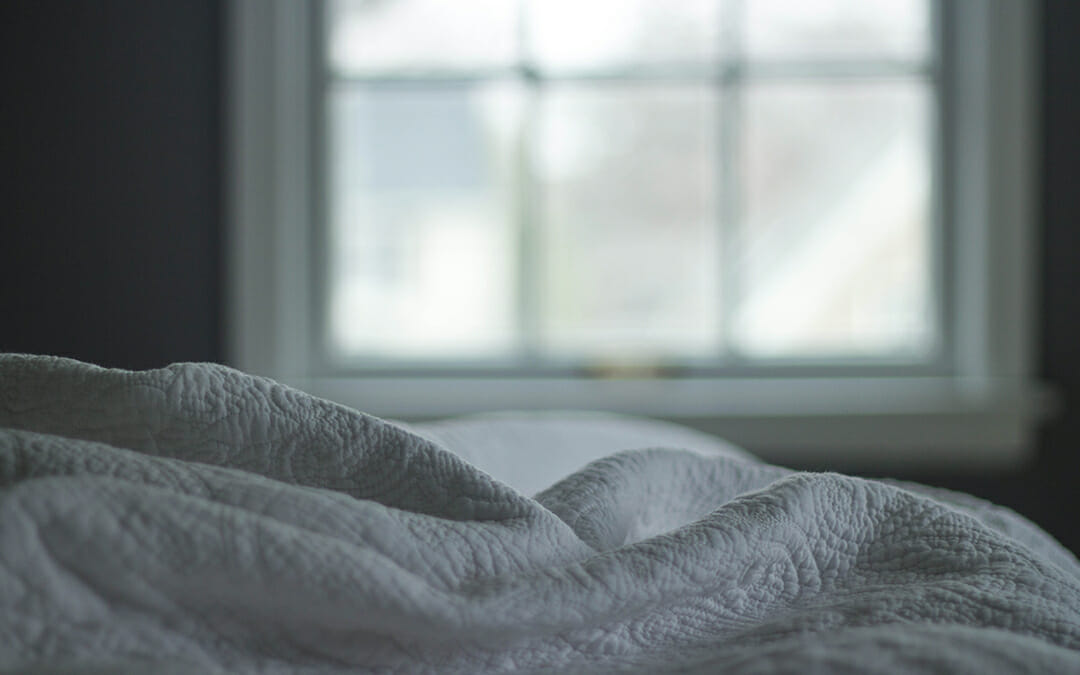One of the most prevalent diseases of our generation, Alzheimer’s Disease (AD) is said to affect an estimated 4.5 million Americans. Alzheimer’s is also the sixth leading cause of death in the United States. With the baby boomer generation aging, we expect to see a rapid increase in the number of people who develop Alzheimer’s, considering the risk for developing it increases after you turn 60.
Alzheimer’s Disease and Sleep
People with Alzheimer’s disease often begin developing problems with their sleep or sleep schedules. Typically as adults age, they will experience problems with sleep but it’s much more frequent and severe for those with Alzheimer’s. Common sleep changes include difficulty staying asleep throughout the night and staying awake for longer periods of time. In addition, as the disease progresses, patients who cannot sleep might find an increased need to be active – such as wandering around, experiencing restless legs or even yelling out for help.
Alzheimer’s patients also begin sleeping more during daytime hours which then affects their night sleep schedule and can leave them feeling more agitated and restless. There is a phenomenon associated with Alzheimer’s called “sundowning” where the symptoms of the disease become more pronounced in the late afternoon and early evening hours. The Alzheimer’s Association says, “In late stages of Alzheimer’s, individuals spend about 40 percent of their time in bed at night awake and a significant part of their daytime sleeping. In extreme cases, people may have a complete reversal of the usual daytime wakefulness-nighttime sleep pattern.”
How Alzheimer’s is Treated
Non-drug treatment for sleep issues includes practicing good sleep hygiene – making sure that bedtime is set every night, as well as making sure the bed is used only for sleeping. Good sleep hygiene also includes no technology screens or mobile devices at least an hour before bedtime. Taking steps to regulate the circadian rhythm can be extremely helpful and important, such as going outside in full sunlight during the day. If the patient is physically able, taking walks during the sunniest parts of the day (late morning and early afternoon) can help by making them expend energy, therefore sleepier at bedtime.
Medication for Alzheimer’s patients can be risky and must be carefully monitored and regulated by a physician. Physicians will typically start with the lowest dose possible to see positive effects, then slowly titrate up as needed.
The Science Behind Alzheimer’s Disease
The National Institutes of Health (NIH) has conducted numerous studies on Alzheimer’s Disease. They have found that a build-up of a metabolic waste product called beta-amyloid–found in the fluid between brain cells–is a significant contributor to Alzheimer’s symptoms. In an NIH study, losing one night of sleep led to an increase in the beta-amyloid. It was also determined that sleep deprivation might increase the risk for this beta-amyloid build-up.
As the disease progresses, many patients lose the physical ability to stay awake during the daytime hours, regardless of the efforts of their caregivers to regulate bedtime. When sleep begins to become an issue with your loved one, be sure to let their medical team know so that steps to help them can be put into place.
At Vineyard Bluffton, we take great pride in developing a customized care plan for each one of our residents. Contact your nearest Vineyard community today to learn how we can help your loved one cope with the symptoms of Alzheimer’s disease and the affect it has on their sleep schedule.

